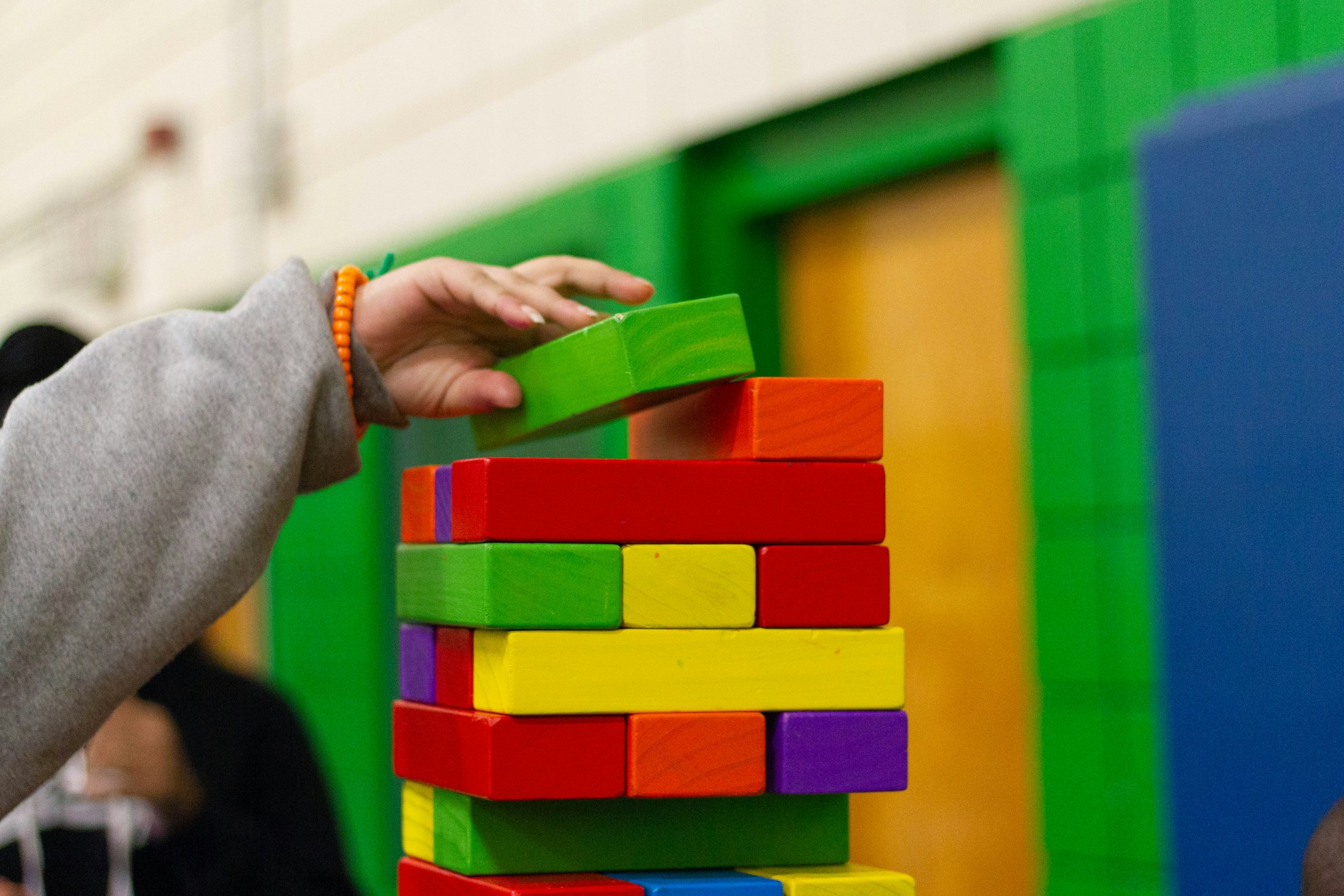Play is the language in which children learn. It unlocks a whole new world for them.Play helps them to express themselves, explore their imaginations, and provide endless amounts of creativity for them to draw from.It can also be a therapeutic way for them to communicate the things that they may not be able to say.Since children are not necessarily fully equipped to understand their emotions, play therapy helps them to help their therapists release the feelings a child experiences. Below we will detail exactly what child play therapy entails, and how you can set up an appointment with one of our child play therapy counselors.

In therapy and counseling, play therapy is used mainly for children because most of the time, they do not have the ability to fully articulate what they are feeling and what they can do about it.
The words "play therapy" really encompass a whole wide range of different ways that a counselor can use different things to play, whether that be toys, a board game, or pretend play.
Play is the way that children naturally learn, and the world around them.
When children have big emotions that they may not know how to deal with, play therapy may be an option for them.
Through play, the counselor can first off see how your children plays, and they will take that and use the way a child plays in order to help them cope with emotions that are hard to deal with.
Play therapy can help children going through grief, loss, trauma, divorce, and more.
Therapists will use what they see as your child plays, and will integrate it into a discussion with your child about what they might be feeling at that moment, or what they might be thinking about.
Therapists many times can unlock emotions by observing how a child acts when playing with a certain toy or game.
Child play therapy can also be used to play out scenarios like if the child is anxious or angry, they will sometimes act them out in their office and discuss them afterwards.
With what the counselor observes, they can then make a detailed treatment plan for your child, and tell you how they are planning on helping them.
We know as parents, there are literally thousands of toys out there.
What makes a toy useful for child play therapy?
Listed below are some of the more common toys that counselors use in order to help children find their voice.
- Dolls - Action figures- Blocks- Construction toys- Arts and crafts supplies- Toy phone- Stuffed animals- Puppets
They also may employ the use of different techniques like musical play, dancing, creative storytelling, and role-playing.
In combination altogether, these techniques can help your child's therapist to help identify what they are feeling and how they can address it together.
You may be wondering what some examples of play therapy might be.
For instance, if your child's counselor has a dollhouse in their office, they may ask your child to choose some dolls and act out a scene from their home life.
This is where the deep insight comes from play therapy, the counselor can see things like family dynamics.
Another example is to taking a stuffed animal and giving it to the child, and asking the child how they think the animal is feeling that day.
If they say sad, then the counselor can look deeper into that and try to help your child have their own voice with their emotions.
By following the easy steps below, you can easily make an appointment for your child at Overcomer's Counseling.
1. First, when you call (719) 345-2424, you will be greeted by one of our receptionists, who will assist you throughout the call. 2. They will help you book an appointment with the child play counselor of your choice. You can see all of our available child play therapy counselors in by clicking here. Take some time to look through each counselor to find one that is suitable to your child's needs or the issues your child may be facing. 3. During the initial call, you will be asked for your insurance and contact information. The receptionist will verify your child's insurance coverage. 4. Afterwards, an e-mail will be sent to you containing your child's intake paperwork. You may either print it out, fill it out, and bring it with you to your initial visit with your counselor. Alternatively, you can instead upload the paperwork into our client portal. 5. When the day of your child's appointment comes, you will be able to speak to your child's counselor about what has been bothering them or to help them explore what are the best methods of helping them. At the end of your child's first session, you will be able to talk to their counselor about when you would like your child to see them next, and you can easily schedule your next appointment.
Play therapy is a great approach to helping your child to more healthily communicate their feelings.
By using play, they are able to express themselves in a calmer and better way.
With help from a counselor, they can unlock how they feel, and alongside the therapist, as their parent, you can help your child get the help they need and get them to feeling better as soon as possible.
If your child has a favorite toy that you may think might be helpful within their counseling sessions, that is something that you can easily speak to their counselor about, of which, they probably won't have much objection to.
The beautiful thing about child play therapy is that so much good can come out of it.
Children learn how to grasp and handle their emotions in a healthy way, all through the magic of playing.
https://www.healthline.com/health/play-therapy#how-it-works
https://www.a4pt.org/page/PTMakesADifference/Play-Therapy-Makes-a-Difference.htm
You can teach your child persistence by modeling the behavior yourself, encouraging them to take risks, setting goals and tracking progress, praising effort, and providing support and guidance.